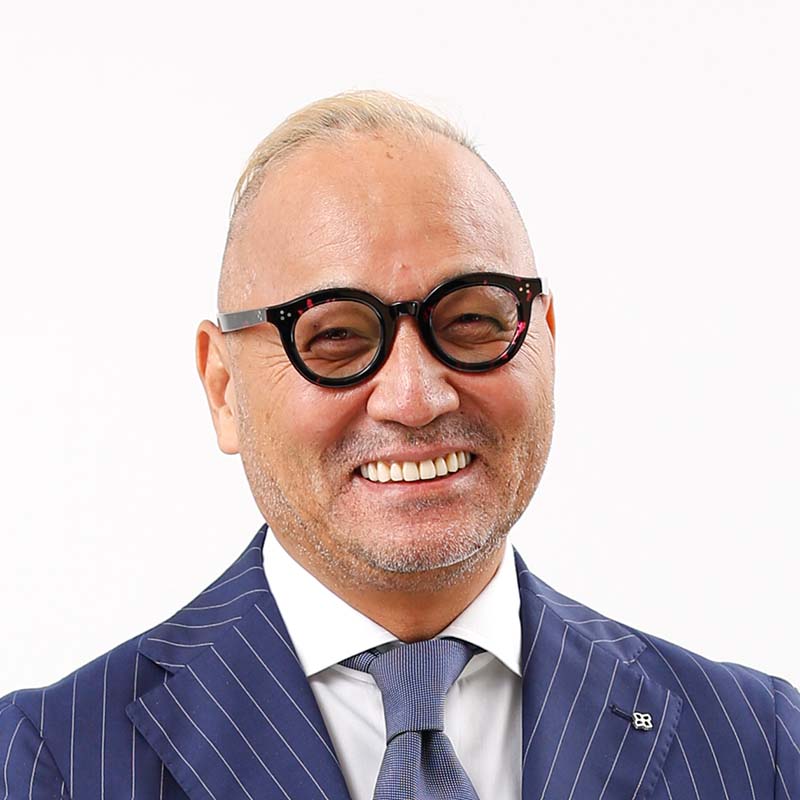Hi everyone, PlatinumGames president Kenichi Sato here.
It’s October now, and it has started to feel a lot like autumn. With regard to COVID-19, there seems to be both progress and setbacks, so we all still need to be careful. However, many people have received the vaccine and it seems like effective medicine for treatment is on the horizon. The states of emergency for Tokyo and Osaka have been lifted, and restaurants are looking lively again. For the most part it seems like things are improving. I’ve come to feel a bit positive.
And with that positive frame of mind, I’ve thought about what the game industry will be like “after COVID-19.”
For this past year and a half or so of dealing with COVID-19, the game industry was anything but stagnant, and was in fact very active. New releases seemed to be doing well, and according to some studies the global game content market grew by 130% over the previous year. I feel I can say that video games, which can be enjoyed at home, helped people with their remote lifestyles. As a result, we won’t need to “go on the offensive” after COVID-19 issues are no longer a concern. I think we’ll continue to do well.
However, I do feel there were some struggles that the game industry had to deal with over the past 18 months that were invisible to many of you out there. This is of course just a personal observation, but I think the greatest of these was the reduction of employees’ real-life experiences due to staying indoors. The new employees that we hired in the spring of 2020 and 2021 went straight to remote work (although some also had rotation work), so they lost many chances to see “the real thing.” Under normal circumstances, there would be overseas trips to learn and collect information, and observation of various game shows both in Japan and abroad, where they could experience fans’ excitement and bring some back with them. And aside from work related activities, there’s sports, theatre, and many other opportunities to see “the real thing,” and those opportunities are fewer. “After COVID-19,” I’d like to make sure those employees get more real-life experiences, so they can use those experiences in making games.
Outdoor entertainment industries like theme parks, stadiums, and others will most likely turn things around after COVID-19. During states of emergency, they had to cut back on operations but will surely bounce back once COVID-19 is no longer a threat. Some people view that as a negative for the indoor-focused game industry, with the idea that “we’ll lose customers.” Of course, in the short term that could happen, but when people are excited about sport, sports games are also popular, and when people go on video-game themed rides at theme parks, they want to try the game. That’s the way things were before are, and it seems like we can expect that synergistic boost again. After all, lots of game developers enjoy outdoor entertainment too.
Many people may have bought their first video game system during COVID-19. Again, from a stance of positive thinking, there may also be people who tried an online game for the first time or downloaded a game for the first time. Basically, the number of people playing games, and chance for people to try games, is increasing. Therefore, the market should grow, and more games should sell, and when you consider that many people who would not have otherwise played games now do, that also means that the population of gamers has grown more diverse and brand-new genres could be born. That’s something to look forward to.
My positive thinking doesn’t stop.
These ideas of what it will be like “after COVID-19” are imagination and guesses, but I feel like it’s not very far off. Let’s stay positive but cautious, and make sure we do what we can to prevent further spread.
Until next time.

Kenichi Sato President and CEO
Kenichi Sato was born in Tokyo in 1962.
Though he began working for Isetan Department Stores in 1986, he changed careers to work in the video
games industry in 1996 when he joined Sega Enterprises (now Sega) as a member of the Dreamcast marketing
team. In 2000 he was brought on board as a founding member and general manager at Cavia (now Marvelous).
In 2006, Sato founded ODD Ltd., the company that would later become PlatinumGames. A key member of
PlatinumGames from the very beginning, Sato stepped into the role of president and CEO in April 2016.